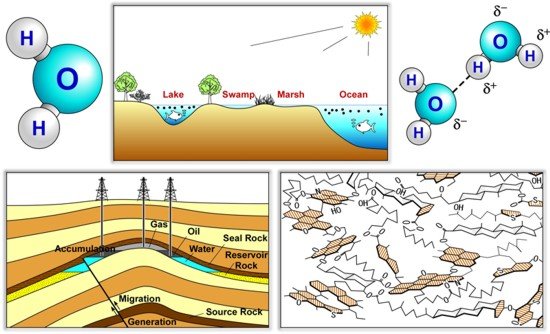In-reservoir process effects on the carbon and hydrogen isotopic composition of petroleum hydrocarbons
Compound-specific isotope analysis (CSIA) has become a powerful tool for both definition of petroleum systems through better oil-oil and oil-source correlations and identification of biodegradation processes. Hydrogen isotopic compositions of individual hydrocarbons in oils are controlled not only by the biological deuterium/hydrogen ratio (D/H) but also by post-depositional processes that exchange hydrogen between organic matter and formation waters. Here, the structure of individual hydrocarbons, the isotopic composition of formation waters, the rock/water ratio, the catalytic effects of clay surfaces as well as the residence time and temperature have been proposed as major controls on the intensity of isotope exchange processes. In addition, the carbon and hydrogen isotope signatures may be altered by thermal maturation and biodegradation in the reservoir. For this reason, it is important to improve our understanding of the processes of isotopic exchange and their influence on the D/H ratios of individual hydrocarbons. The aim of this project is to study the primary controls and in-reservoir processes that lead to significant changes in carbon and hydrogen isotopic compositions of crude oil constituents in the investigated petroleum systems. Special emphasis will be given to the isotope exchange phenomena between organic hydrogen and water hydrogen within the reservoirs. The outcomes from this study are intended to contribute to the development of functional geochemical proxies for assessing oil-residence time in reservoirs.


